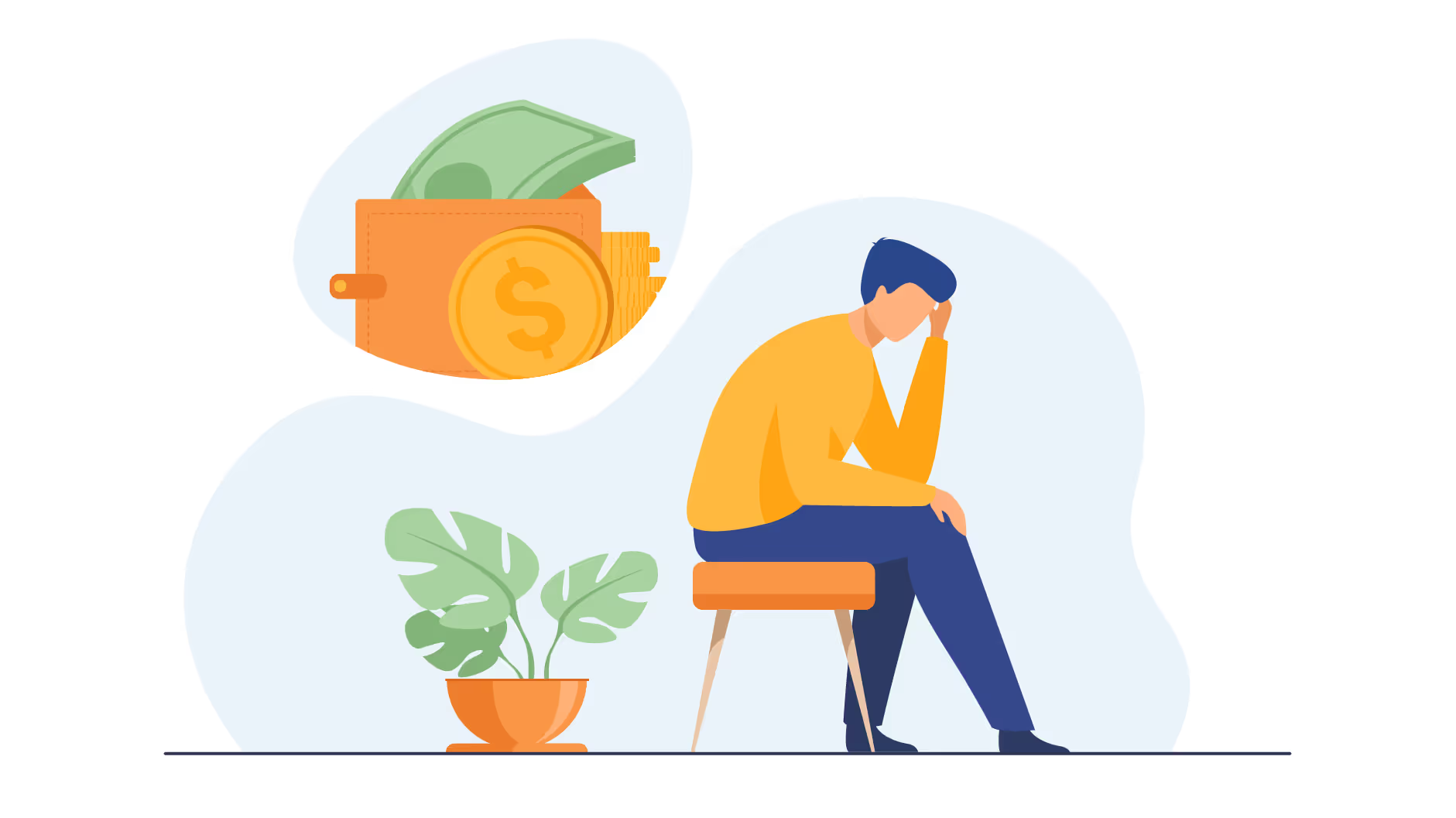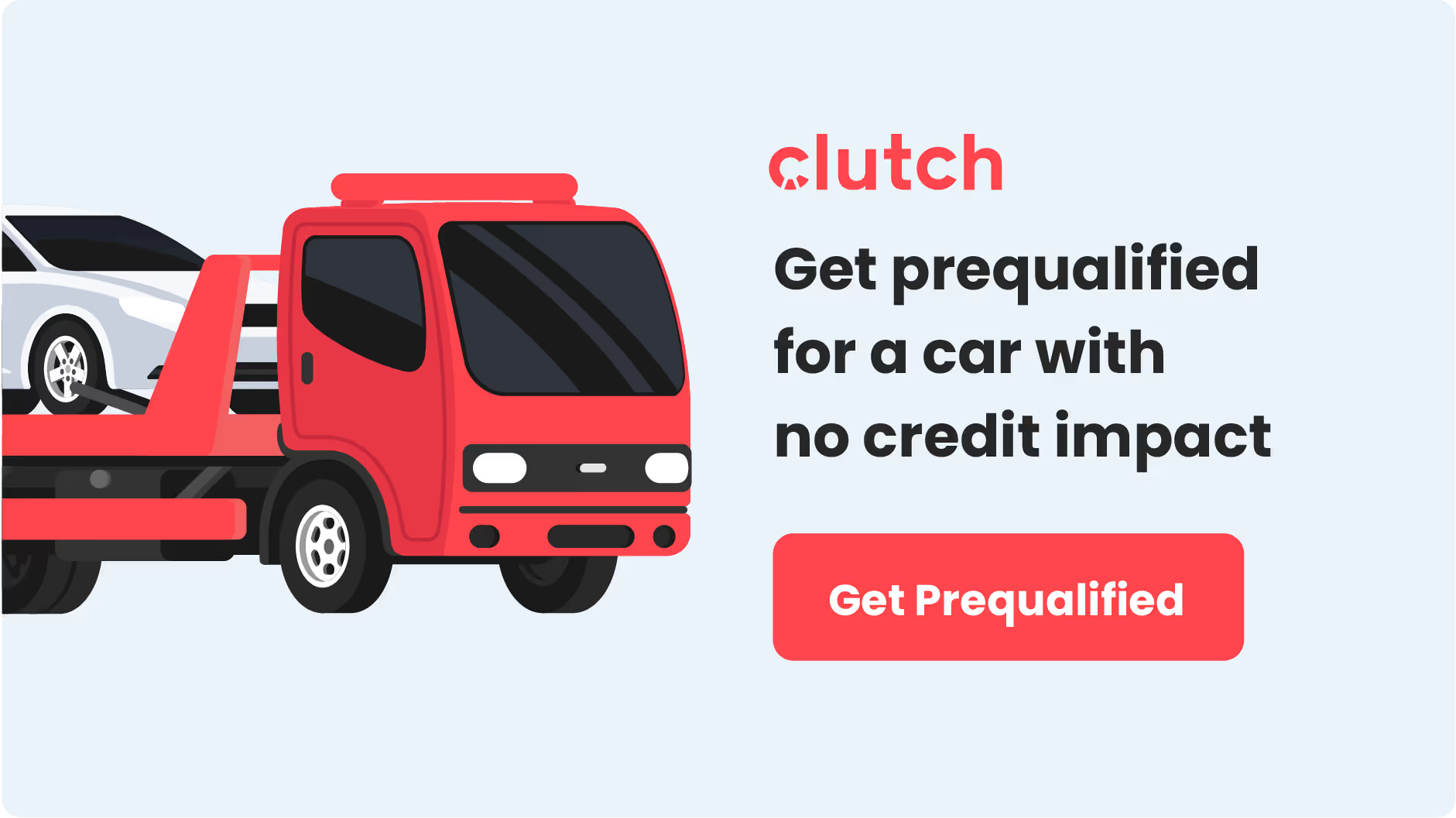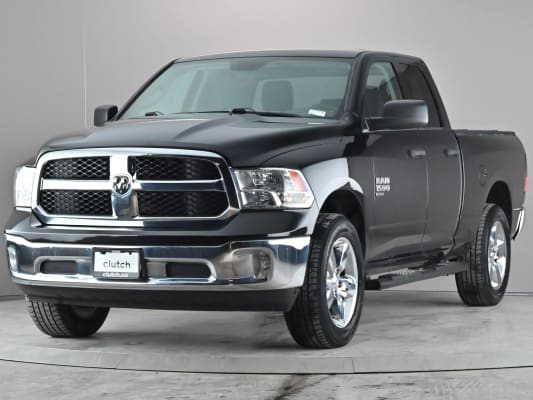Getting rejected for a car loan can feel like a major setback, especially when you’re ready to buy your next vehicle. If your car loan application was denied, you’re not alone. Many Canadians face the same issue, often without much explanation from the lender.
The good news is that a rejection doesn’t mean you’re out of options. In fact, understanding why your loan was declined is the first step toward getting approved, whether you reapply right away or take time to strengthen your financial situation.
In this guide, we’ll walk through the most common reasons auto loan applications get denied, what you can do to address the issue, and how to improve your chances of approval now or later on.

Why Was Your Car Loan Rejected?
When a lender reviews your auto loan application, they look at a variety of factors, including your credit history, income, debt levels, and even the vehicle you’re financing. If one or more of these areas raise red flags, your application could be denied.
Here are some of the most common reasons car loans are rejected in Canada:
Poor Credit Score
Your credit score plays a major role in the approval process. Most Canadian lenders use the FICO scoring model, which ranges from 300 to 900. If your score falls below 580, lenders will consider this a bad credit score and deem you too high-risk. Even scores in the fair range (580–669) can result in rejection or approval at much higher interest rates.
No Established Credit
If you have little or no credit history, your credit score may be considered “indeterminable.” While this doesn’t reflect poorly on your financial habits, lenders often hesitate to approve applicants without a track record of credit use.
Income Issues
Lenders need to see stable, provable income to feel confident that you can manage monthly payments. If your income is too low, irregular, or difficult to verify, like in the case of freelance or self-employed work, this can lead to rejection.
Inaccurate or Incomplete Information
Mistakes on your application, whether intentional or not, can cause delays or denials. This includes incorrect income amounts, job history, or housing status. Even small inconsistencies may raise concerns.
High Debt-to-Income Ratio
Your debt-to-income (DTI) ratio compares how much you owe to how much you earn. Most lenders prefer a DTI under 36%, though some may allow up to 48%. If your current debts plus the new car loan exceed this threshold, your application may be declined.
Loan Amount Too High
Sometimes the problem isn’t your credit or income — it’s the size of the loan you’re requesting. A lender may be willing to approve a smaller amount based on your financial profile, but not the full amount needed for your chosen vehicle.
What Should You Do When Your Car Loan Is Rejected?
Getting a car loan rejection can be frustrating, but it doesn’t mean you’re out of options. The first step is to figure out why you were declined — this helps you address the issue directly and improve your chances next time.
Start by asking the dealership’s finance team if the lender provided a reason. In some cases, it might be something simple, like missing documentation or inconsistent income reporting. Other times, it might be related to your credit or overall financial picture.
Here’s how to respond depending on the reason for rejection:
- If it’s an easy fix: Resubmit your application with the correct paperwork or updated information. This might include adding proof of income, fixing a typo on your job history, or clarifying your housing situation.
- If it’s a credit or debt issue: Take time to understand what needs improvement. Whether it’s paying down existing debt, resolving collections, or building a stronger credit history, knowing what to work on gives you a clear path forward.
Above all, don’t take it personally. Many Canadians face car loan rejections — but with the right strategy, you can turn it around.

How Can You Get a Loan Approval Now?
If your first auto loan application didn’t go through, you still have a few ways to turn things around and get approved quickly.
Apply with a Cosigner
A trusted family member or friend with strong credit and steady income can help you get approved by co-signing the loan with you. Just keep in mind: if you miss a payment, it impacts their credit too.
Lower the Loan Amount
If your loan was declined due to affordability concerns, try reducing how much you’re borrowing. You can do this by either choosing a less expensive vehicle or putting down a larger cash down payment.
Extend the Loan Term
Stretching the loan over a longer period can reduce your monthly payments, making it easier to qualify, especially if your debt-to-income ratio was the issue. Just be aware that longer terms may increase the total interest paid.
Choose a Newer Vehicle
Newer or late-model used cars often qualify for better rates. A slightly newer vehicle might lower your monthly payment enough to fall within lender limits.
Even if you’ve been declined once, taking one or more of these steps can improve your chances and get you back on track quickly.
What Are Your Longer-Term Options to Get Approved?
If short-term fixes like lowering your loan amount or adding a cosigner don’t work, you may need to take a longer path to approval. Here are some strategic ways to improve your chances over time:
Pay Down Existing Debt
High credit card balances or outstanding loans can weigh down your debt-to-income ratio. Create a budget, focus on paying off your highest-interest debts first, and keep going until your monthly obligations are more manageable.
Improve Your Credit Score
If poor credit was the reason for your rejection, rebuilding your score is key. Make on-time payments, pay off credit card balances, and avoid applying for new credit unless absolutely necessary. Even a modest score improvement can unlock better loan options.
Save for a Larger Down Payment
The more you can put down, the less you’ll need to finance. A bigger down payment can reduce your monthly costs and show lenders you’re financially committed, making them more likely to approve your loan.
Increase Your Income
A higher income can offset a weak credit score or high debt. Whether it’s asking for a raise, picking up extra hours, or taking on a side hustle, a consistent income boost can go a long way toward meeting lender criteria.
Build a Consistent Income History
If you’re self-employed or have sporadic earnings, focus on creating a stable financial record. Save pay stubs, track your income through invoices or bank deposits, and file your taxes properly. This documentation helps lenders understand your financial picture.

Get Prequalified for a Car Loan at Clutch
Not sure if you’ll get approved? Clutch makes it easy to check, without affecting your credit score. Our prequalification process lets you see what interest rate you might qualify for with one of our lending partners, all with a soft credit check.
If you’re prequalified, you can browse our wide inventory of high-quality used vehicles online and complete your purchase entirely from home. Every Clutch vehicle goes through a 210-point inspection, comes with a free CARFAX report, and includes a 3-month or 6,000-km warranty.
And if the car you choose isn’t the right fit? You’ve got 10 days or 750 km to return it for a full refund or exchange it for something else — no pressure, no hassle.
Start by checking your rate online. It only takes a few minutes and won’t impact your credit score. And if you want to budget ahead, try our car loan calculator to estimate what your monthly payments could look like before you buy.
FAQs About Car Loan Rejections
Why was my car loan application rejected?
Car loan applications are usually rejected due to poor credit, high debt-to-income ratio, insufficient or unverifiable income, or errors on your application. Some lenders also reject applications for borrowers with no credit history.
Can I get a car loan with bad credit in Canada?
Yes, some lenders specialize in bad credit car loans. However, you may face higher interest rates, stricter terms, or need a larger down payment or a cosigner to qualify.
What should I do if my car loan is denied?
Start by asking why you were denied. Some issues, like missing paperwork, can be quickly resolved. Others, such as a low credit score or high debt, may require longer-term financial changes or credit building before you reapply.
Does getting rejected for a car loan hurt my credit score?
A single rejection doesn’t directly affect your credit score. However, multiple hard credit checks in a short period can impact your score. Clutch offers a prequalification option that doesn’t affect your credit.
Can I reapply for a car loan right away?
Yes, but it’s best to understand why you were rejected first. Fixing issues—such as adding a cosigner, choosing a cheaper car, or verifying your income—can increase your chances of approval on the next application.



.avif)
.avif)
-02.png)

_Thumbnail.avif)




































































































